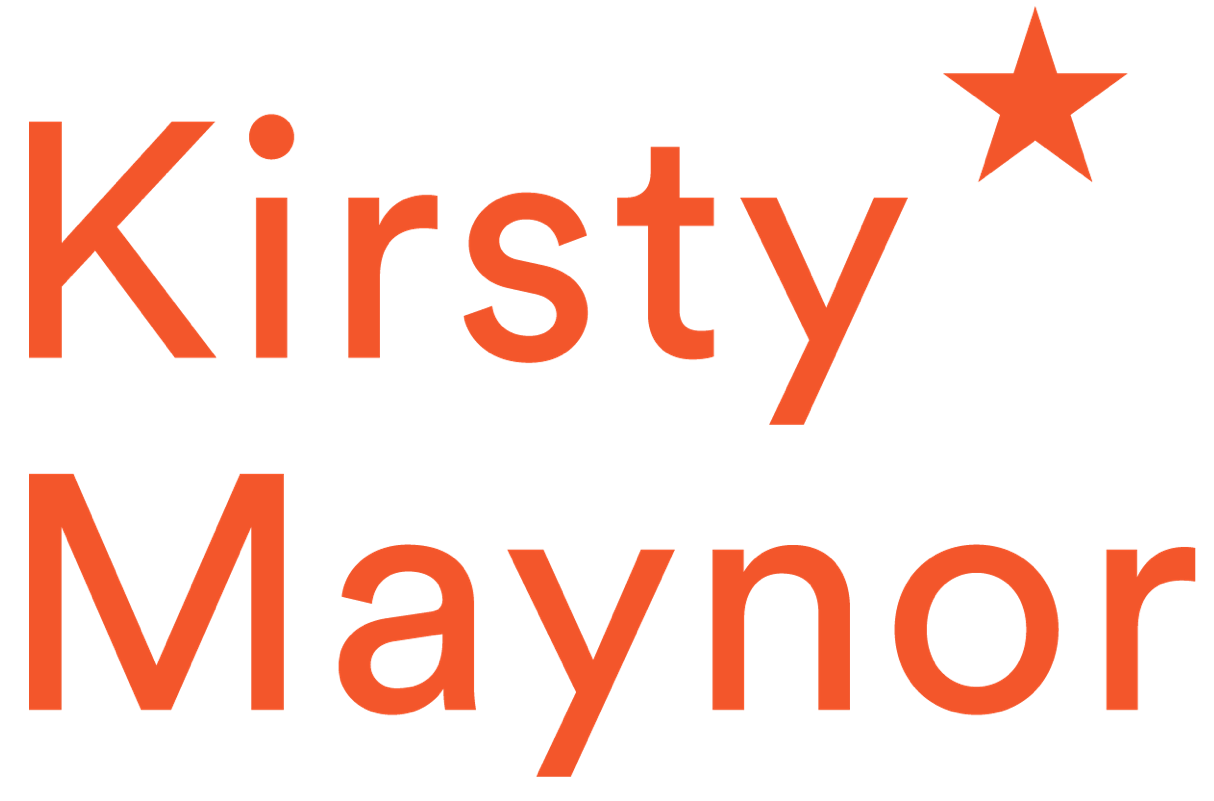Could you put that in writing?
“I can shake off everything as I write; my sorrows disappear, my courage is reborn.”
- Anne Frank
For many, writing can be a powerful coping tool. Putting our thoughts, emotions and experiences on paper - or typing them onto our laptop screens - can be an effective way to work through change. Writing helps us see our experiences in a new light, understand our emotions better, find clarity in a sea of confusion, and even identify potentially damaging patterns of thought which we didn’t realise existed.
Whether you’re choosing to create change yourself or living through unwanted change that life has put in your path, writing can be an excellent form of therapy and self expression. I’ve always found that putting my emotions, thoughts, worries and plans down on paper helps me to feel more in control, particularly when times are challenging.
If, like most of us, you’re living through change, then here are five reasons why writing can be a helpful tool:
It gets things out of your head and onto paper: committing something to paper (or screen), gives you the opportunity to read through it, see it more objectively, interpret it and ultimately, work out what it means
It helps you process your thoughts and feelings, which makes it easier to make decisions: writing things down helps me to focus on my priorities and what really matters. It might seem obvious, but sometimes it’s impossible to get that clarity by just going through things in your head or talking to someone
Writing things down helps to identify patterns and limiting beliefs: if we don’t know what our limiting beliefs and patterns of behaviour are, we can’t change them. When I’m coaching clients, I see first-hand how important it is for people to work out exactly what’s getting in the way of them achieving their goals. Writing things down often helps to identify exactly what those barriers are, so we can set about breaking them down
Writing things down can release a lot of emotions: writing your feelings down can be a cathartic process. I've always found that writing helps me to release whatever I’m bottling up inside
Writing helps you to feel in control: sometimes it feels like life is hammering me from all sides, and it’s hard not to get overwhelmed. But writing doesn't have to be a long and arduous process. If you can find five minutes to answer one question, like ‘How am I feeling today?’, you may be surprised by how much better things seem once you’ve put your thoughts and feelings on paper.
There are many different ways to include writing in your own personal self-care journey. The important thing is to find out what works for you. You might want to try:
Keeping a diary / journal: journaling has enormous therapeutic benefits, particularly if you take time to focus on your thoughts and feelings. If you find it hard to stick to a daily diary (I know I do!), then you can just keep a journal at important times, like when there’s change happening in your life which you need some help adjusting to. Personally, I find gratitude journaling really beneficial. Focusing on things I’m grateful for - and reasserting my connection to the past - helps me feel more anchored in the present, especially during times of change
Writing letters: the best thing about this option is that you don’t even have to send them! It can be really helpful to put your thoughts and feelings on paper, whether you decide to share them with the intended recipient or not
To do lists and lists of pros and cons: I find this really useful when I’m super-busy, and if I need a bit of help making decisions. Lists are great not just for day-to-day things, but also more important decisions. Sometimes seeing our options in black and white makes things substantially clearer
Discover your inner poet: Okay, so this one isn’t for everyone, but poetry can be a wonderful form of therapy and an effective release of emotion. Give it a try, you might surprise yourself. And don’t worry if the end result is nothing to write home about (sorry, couldn’t resist!)
Get creative: in the end, it doesn’t really matter which avenue you choose, as long as you get something out of it. Start a blog, write random words on a loo roll, scrawl your deepest thoughts in the margins of your favourite novel, stick post-it notes to everything (except the cat). Just find the method that works best for you
Sparkly stationery: of course this one’s not essential, but if - like me - you have a permanent stash of gorgeous stationery to choose from, it certainly helps. (I also couldn’t live without the notes app on my smartphone, but that’s not quite so glamorous).
As an avid writer, I’ve been using writing to help me cope with the changes life has thrown at me since I was a child. I’m now in the process of writing a book, which is both exciting and challenging at the same time. But I’m loving every minute and looking forward to seeing where this journey takes me.
So, why not just put pen to paper and see where it takes you…?
